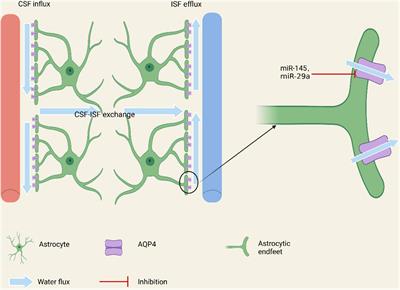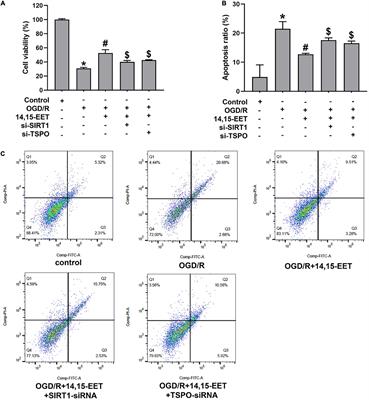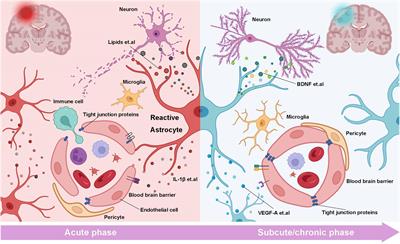EDITORIAL
Published on 17 May 2023
Editorial: The role of astrocytes in stroke
doi 10.3389/fncel.2023.1205798
- 931 views
- 1 citation
10k
Total downloads
35k
Total views and downloads
You will be redirected to our submission process.
EDITORIAL
Published on 17 May 2023
REVIEW
Published on 09 Jun 2022

ORIGINAL RESEARCH
Published on 26 Apr 2022

ORIGINAL RESEARCH
Published on 26 Apr 2022

REVIEW
Published on 07 Mar 2022

REVIEW
Published on 03 Feb 2022

ORIGINAL RESEARCH
Published on 17 Dec 2021

